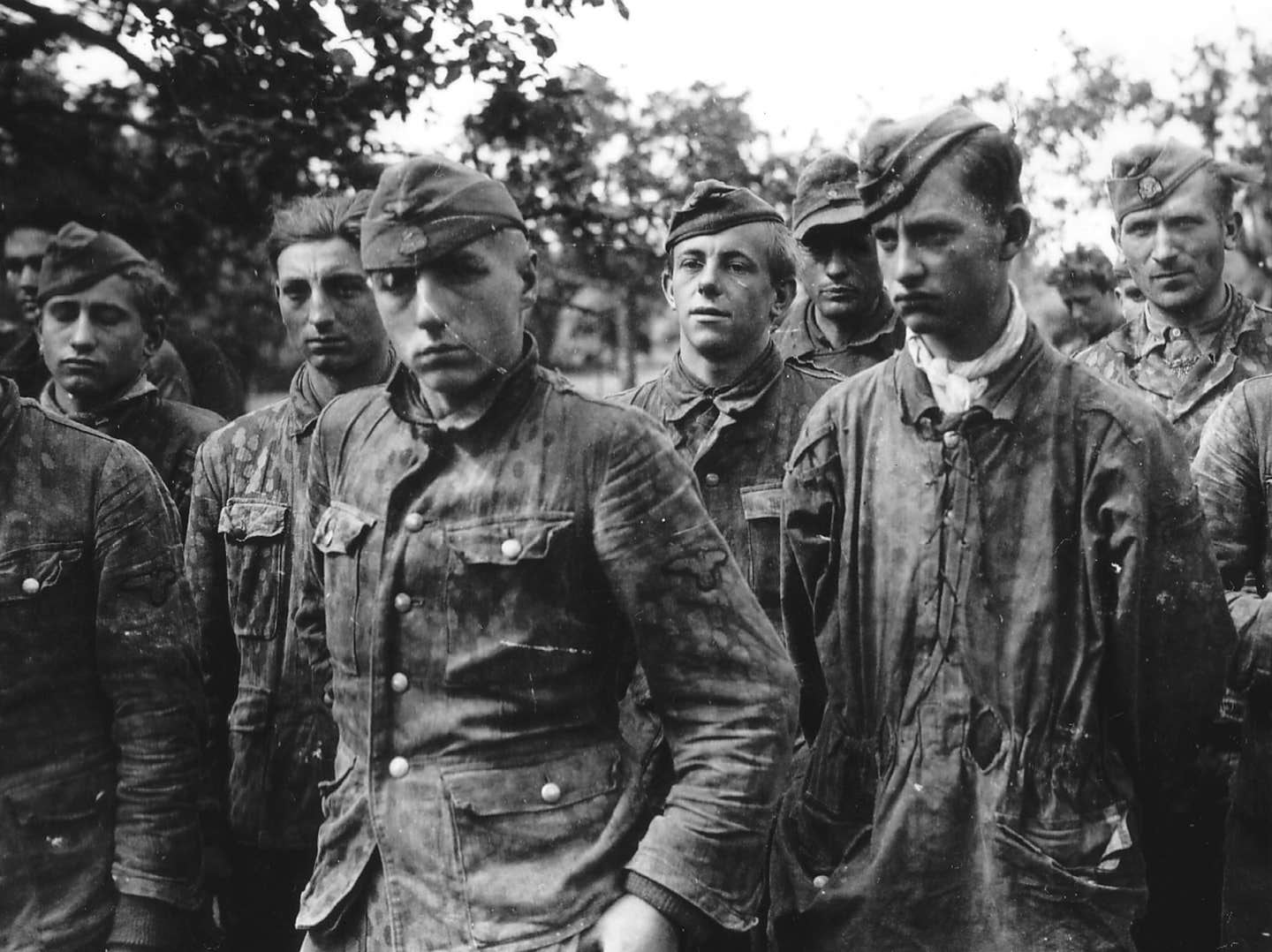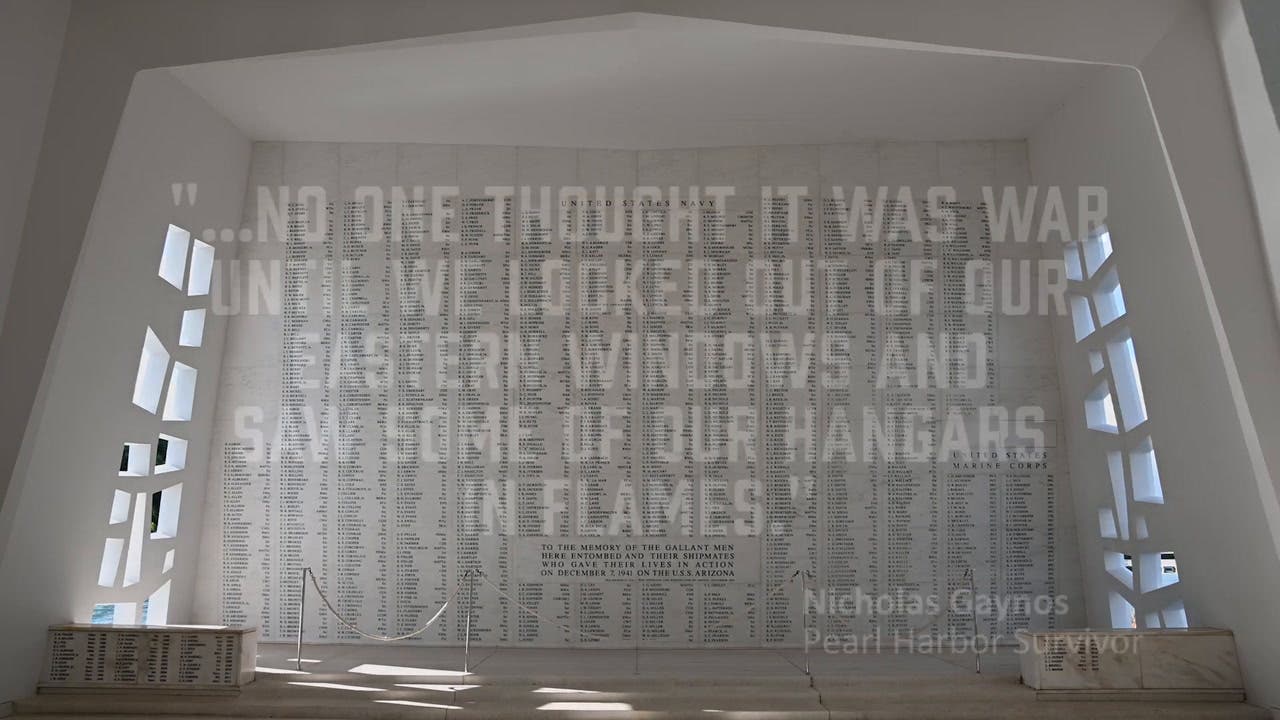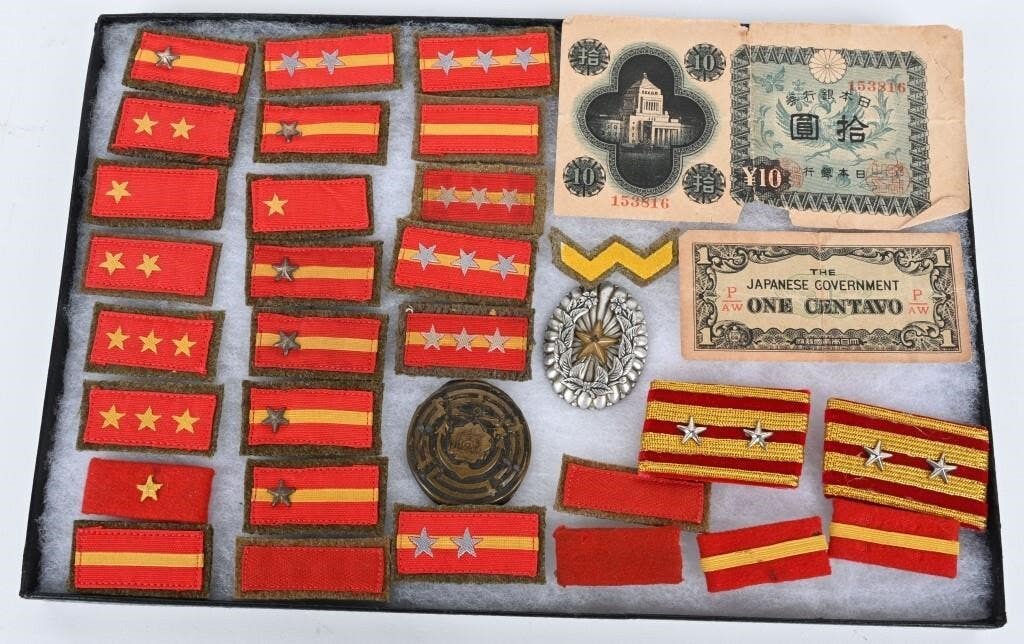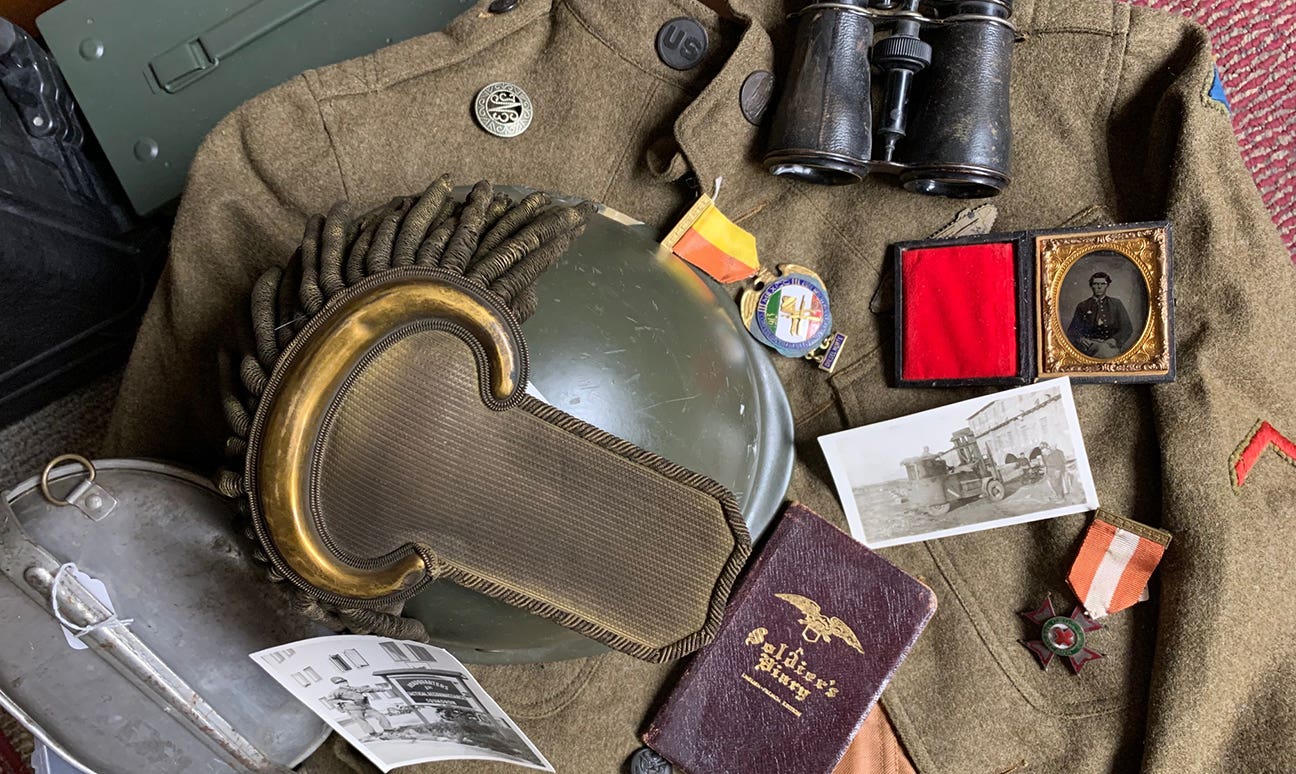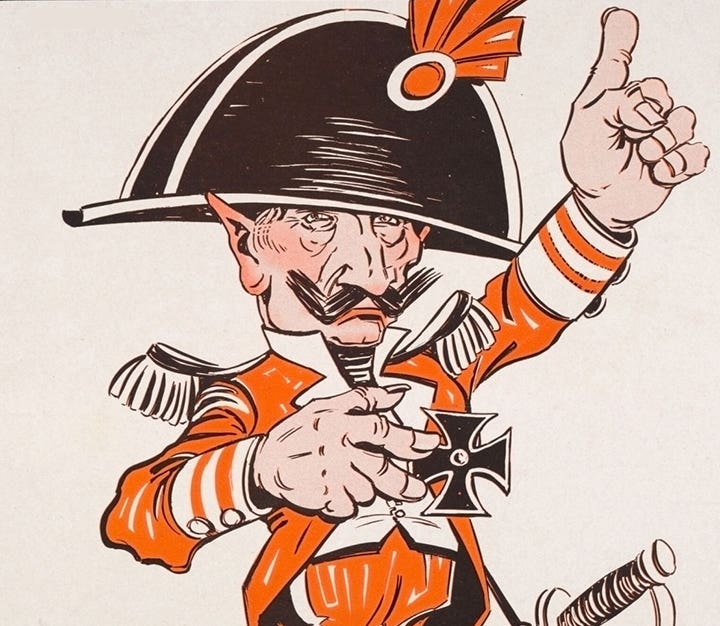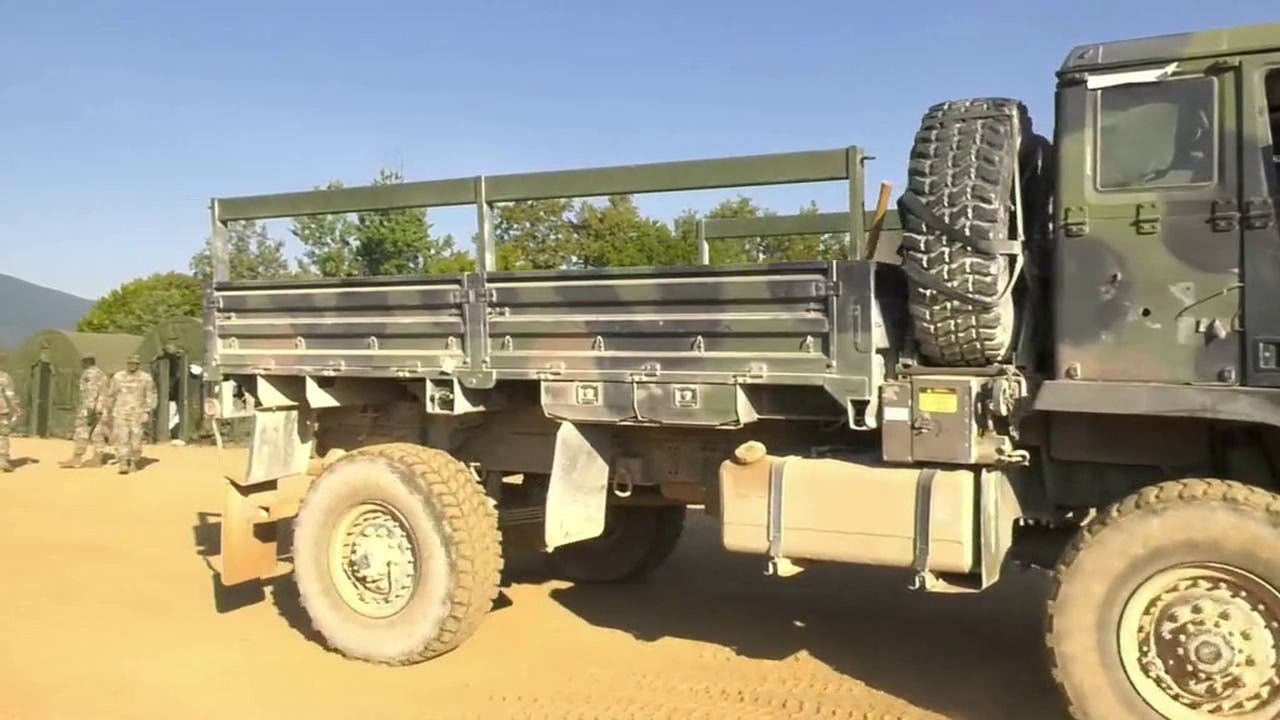A Salute to Service
Ever since I was a boy, traveling during the summer months has always meant keeping my eyes open for convoys of military vehicles. Regardless of world deployments, it seems the…
Ever since I was a boy, traveling during the summer months has always meant keeping my eyes open for convoys of military vehicles. Regardless of world deployments, it seems the highways are always streaming with olive drab or desert sand vehicles as National Guardsmen, Reservists and regular service men and women travel between bases. Driving on Interstate 90 between Fort McCoy and Camp Douglas the other day, I was reminded of a few convoy memories.
BLESS YOU, BOYS.
As I drove the long ribbon of pavement heading south on I-90, I spotted the sure sign of a convoy ahead of me: A long path of large trucks in the right lane all moving as one unit. As I approached and overtook the HMMWV at the end of the long line, I glanced over at the woman behind the steering wheel and the three passengers. Like I had seen my Dad do so many times when I was a boy, I gave a nonchalant, one-finger wave from the top of the steering wheel (NOT the “one–finger salute!” Imagine a cool dude driving with one hand on the top of the wheel and saying “hey” to someone on the side of the road—THAT kind of one-finger wave). As I passed the vehicle and gave a nod of the head, I heard myself say, “bless you boys.”
It is always a shock when I find myself exhibiting behavior that my dad had modeled when I was a kid. Whether on the highway or just driving around town, Dad would always give that relaxed, single-digit wave from the top of the wheel and say, “Hi Pete” or “Hi Evelyn” or whatever the name of the person he saw. Even though they couldn’t hear him, he repeated the greeting with each familiar face we encountered.
The difference, though, was when we were driving on the highway. Back around the time of the Vietnam War, it was almost all two-lane roads on which my family traveled. When we came up on a line of military vehicles, you could actually peer into the backs of deuce-and-a-halves and see the soldiers staring at each other or looking back at the traffic from atop their rough, plank seating. As we approached a convoy, Dad would always flip on the headlights. As we passed each vehicle, he would give that familiar wave and utter a near-silent, “bless you boys.”
I didn’t pay much attention to my Dad when we were near the convoy. I was looking at the trucks, soldiers and vehicle markings. It seems we were always passing engineer units. Oh, how I wanted to see tracked vehicles or something with a machine gun! But usually, it was a string of deuces, a few tractors pulling flatbeds loaded with bulldozers with one jeep posted at the front of the convoy and one at the end. After we passed the string of vehicles, it never occurred to me to ask about his ritual. I was more interested in having Dad explain to me why there were jeeps at the front and back, why the whole convoy moved slower than civilian traffic, or any one of dozens of other “military-related” questions. The emotional side of military service or the sense of a “military family bond” never crossed my mind.
This past week, I was driving my folks to La Crosse, Wis., about 25 miles from their home. When we turned onto Interstate 90 to cross the Mississippi River, I hollered to my 92-year-old Dad who was riding in the back seat, “Convoy!”
On the opposite side of the Interstate, traveling toward Minnesota, were about 15 vehicles—a mix of M1114 armored HMMWVs, FMTVs 2-1/2 and 5-ton trucks and a HEMTT wrecker. Dad didn’t say anything. In fact, I didn’t think he was even awake until I heard a very soft, “Bless you, boys.”
It’s been 68 years since Dad last wore his Class As. And yet, he still feels a bond with those who leave their home and sacrifice their time—and sometimes, their well-being. Ironically, I was taking Dad to the Veterans Administration for his yearly physical. That sense of belonging to a “military family” made itself apparent a second time. Even though he has a hard time getting from a car into a building, he snapped to a sort of “military alert” when the doctor began checking him over. Whether with soldiers in the back of a truck or the medical personnel in the VA, that connection to his fellow service men and women has stayed with him for nearly seven decades.
Having never served, I can’t really understand how he feels. Regardless, he has taught me to respect and acknowledge the service of others. For certain, whenever I pass a convoy of troops headed for some duty away from their homes, they will always receive a casual, familiar wave from me, accompanied by a barely audible prayer for their well-being.
Respect the service and honor the Memory,
John Adams-Graf
Editor, Military Trader and Military Vehicles Magazine



